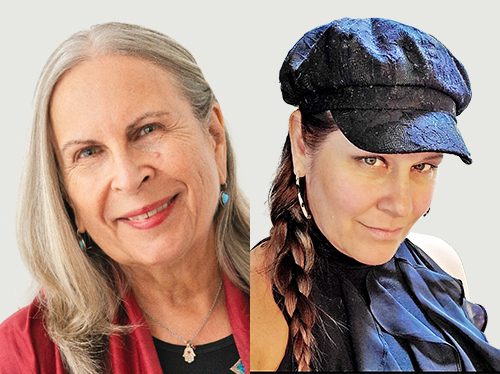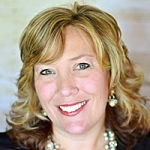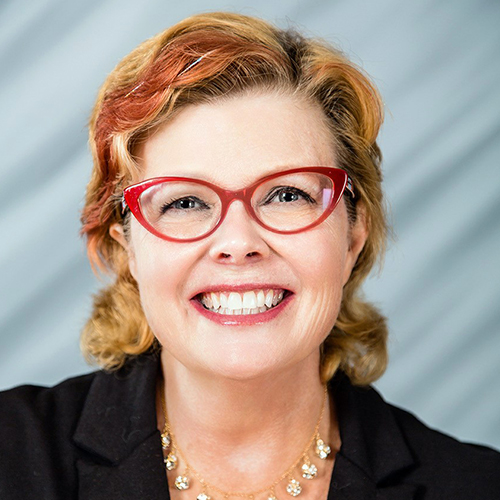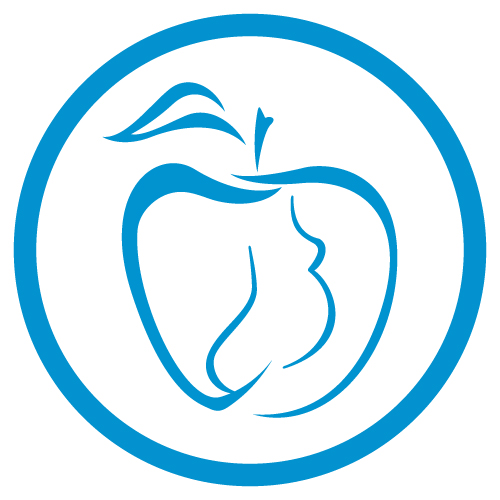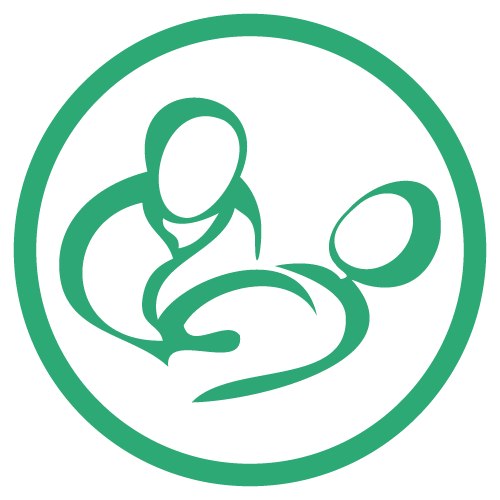 IBCLC Detailed Content Outline: Psychology, Sociology, and Anthropology Focused CERPs - Section V
IBCLC Detailed Content Outline: Psychology, Sociology, and Anthropology Focused CERPs - Section V
Access CERPs on Psychology, Sociology, and Anthropology for the IBCLC Detailed Content Outline recertification requirements. Enjoy convenient on-demand viewing of the latest Psychology, Sociology, and Anthropology focused IBCLC CERPs at your own pace.
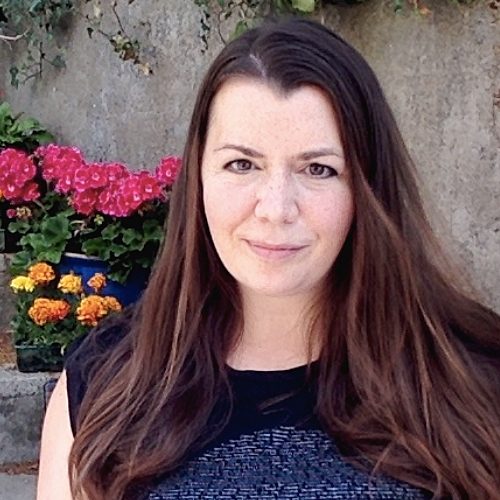
Breastfeeding Trauma: How Can We Recognise and Support Mothers Who Wanted to Breastfeed but Were Unable to Meet Their Goals?

Professor Amy Brown is based in the Department of Public Health, Policy and Social Sciences at Swansea University in the UK. With a background in psychology, she has spent the last thirteen years exploring psychological, cultural and societal influences upon infant feeding decisions in the first year. Her research seeks to understand how we can shift our perception of how babies are fed away from an individual mothering issue to a wider public health problem – with societal level solutions. Dr Brown has published over 60 papers exploring the barriers women face in feeding their baby during the first year. She is a mother to three human children and three book babies: Breastfeeding Uncovered: Who really decides how we feed our babies, Why starting solids matters, and The Positive Breastfeeding Book: Everything you need to feed your baby with confidence. She is a regular blogger, aiming to change the way we think about breastfeeding, mothering and caring for our babies.
Topic: Breastfeeding Trauma: How Can We Recognise and Support Mothers Who Wanted to Breastfeed but Were Unable to Meet Their Goals? - [View Abstract]
Topic: How Can We Better Support Mothers Don’t Meet Their Breastfeeding Goals? - [View Abstract]
Topic: What Do Normal Infant Feeding Patterns Really Look Like? - [View Abstract]
It is recognised that women can experience feelings of guilt, unhappiness and anger when they cannot meet their breastfeeding goals. Breastfeeding difficulties leading to early cessation are a risk factor for postnatal depression. However, research has not previously examined these feelings of loss and distress in relation to clinical models of trauma.
From a research study exploring the experiences of over 3000 women who stopped breastfeeding before they were ready and held negative emotions around this decision, I argue that a subset of these women are displaying symptoms of clinical trauma in relation to their experience. The trauma stems from physical experiences of a difficult breastfeeding experience, but also the loss of a much-desired breastfeeding relationship. The combination of these events leaves the individual traumatised and understandably reactive to the topic of breastfeeding.
Trauma models identify numerous emotions and behaviours that individuals typically display when they have been traumatised by an event. These include recurrent distressing recollections of the events, intense psychological distress at exposure to reminders of the event and efforts to avoid thoughts, feelings or activities that remind one of the event.

View Details / Enroll
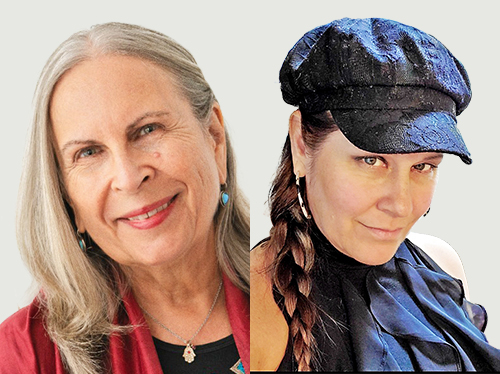

Barbara Harper is an internationally recognized expert on waterbirth and gentle birth, a published author of books and journal articles, who founded the non-profit organization, Waterbirth International, in 1988, with one goal in mind – to ensure that waterbirth is an “available option” for all women. During the past five decades Barbara has worked as an obstetric, pediatric, and critical care nurse, midwife, midwifery instructor, childbirth educator, and Blissborn Hypnosis teacher/trainer. She teaches unique seminars within hospitals, nursing schools, midwifery and medical schools and community groups worldwide. Her bestselling book, ‘Gentle Birth Choices,’ has been translated into 9 languages, including Chinese. Her latest collaborative book project was published in May 2021, called Bringing Birth Home. She is also working on a new book project called Gentle Birth Wisdom. She lives in Boca Raton, Florida teaching Blissborn Classes and attending occasional births.
Charlotte Sanchez is a childbirth educator and midwife. Supporting women and their families in the natural home birth process consecutively now for 30 years. As an Atlanta midwife, she believes in a woman’s right to determine her own choice of care during pregnancy and birth. Charlotte received her training through an extensive internship before becoming a Certified Professional Midwife (CPM), a program developed by the North American Registry of Midwives. She gained vast experience co-directed a free standing family birthing center in the state of Michigan. As well as founding Pregnancy Beat a national pregnancy website featuring expert articles, videos, birth stories and a community for mothers. It was after attending home births throughout the United States and Canada in places such as Windsor, Michigan, Ohio, Kentucky, California and Georgia that she now resides in Atlanta. Recently after completing 10 years serving as Vice President of the Georgia Midwife Association Charlotte decided to move forward to pursue her passion with teaching. She specializes in water birth, vbac, twins and breech birth. She has trained highly motivated students who have became practicing Midwives. Personally Charlotte is a mother of four children whom three were born gently into the hands of midwives, with the last a home water birth 25 years ago.
A steady decline in the rate of vaginal term breech birth over the past three decades has led to a resurgence of vaginal breech birth in many parts of the world. The dedication of researchers, teachers, providers, and non-profit organizations has fostered on- going studies, published research, and provided hands-on training. Within that dedicated group of professionals there is a controversy surrounding using water for second stage. There are strong opinions on either side. Dr. Herman Ponette, the head obstetrician at the H. Surreys Hospital in Ostend, Belgium, was the first obstetrician to detail his experience using water immersion for term breech vaginal birth in the early 1980s. Using water as a comfort measure for early labor is not currently in question. Most experienced breech providers have limited experience using water for the actual birth.
This session will examine the pros and cons of facilitating breech birth in water from a provider perspective. A brief discussion of fetal reflexes and newborn transitional physiology will be included as well as a summary of the current research. Using photos, video of breech waterbirths, and video demonstration on models of hand positions and techniques to assist with a breech birth will introduce the participant to this topic and create an interest for further research and investigation.

View Details / Enroll
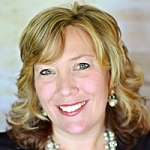
Bridging the Gaps to Provide a Continuum of Care

Christy Jo has over 25 years of teaching experience. She is passionate about teaching in ways that simplify learning. She has been awarded the United States Presidential Volunteer Award for her community service, the Phyllis Klaus Founder's Award for her contribution to the Mother/Baby bond and the Above and Beyond Award for innovative projects that exemplify the mission of Public Health. She has also been named Lactation Educator Faculty of the Year from Childbirth and Postpartum Professionals Association and earned their Visionary Award in 2015. Christy Jo is the author of Mommy Feeds Baby and co-author of Making Milk. She created the Grow Our Own Lactation Consultant/IBCLC Prep Course which has been used to train hundreds of students to become Lactation Consultants. She currently resides in California with her husband and three children. She continues to serve her community as a birth doula, Private Practice IBCLC, Health Educator for Public Health, and faculty for the CAPPA CLE© and Childbirth Educator Programs.
Topic: Enhanced Counseling Skills for the Lactation Educator - [View Abstract]
Topic: Expanding Our Audience to Gain Greater Appreciation and Acceptance of Breastfeeding - [View Abstract]
Topic: Sharing Your Wisdom: From Abstract Idea to Awesome Prenatal Breastfeeding Class - [View Abstract]
Topic: The Art of Communication: Simplifying Birth and Breastfeeding - [View Abstract]
Promoting collaborations among caregivers and healthcare providers to ensure consistent and continual breastfeeding support.
This talk uses humor and scenarios to point out the necessity that those entrusted with a family’s care be professional, inclusive and open in order to provide the best support possible.

View Details / Enroll
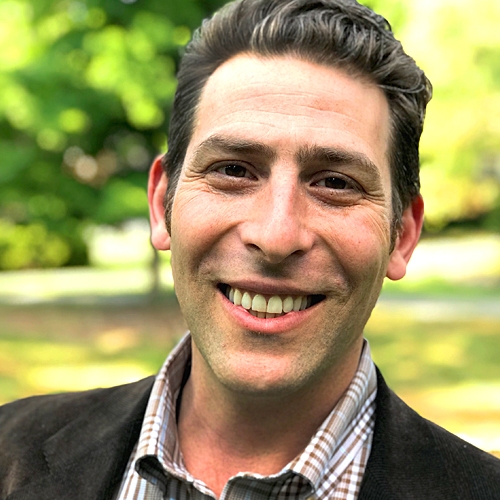

Dr. Yale Nogin is the creator of The Hero Dad™ Program taught at Piedmont and Kennestone Hospitals in Atlanta, GA and is the author of The Hero Dad’s Infant Manual. He has been teaching classes for expecting, new and adopting fathers over the last 15 years and counting.
His program focuses on empowering men with relevant principles, skills, systems and behaviors that earn respect from their partners which enable the couples to co-create a relaxed home environment. Being a new father with an Infant management system, post-partum support skills, and a system for “listening to understand” help new fathers feel confident and willing to participate early on which helps keep them invested in their family.
Dr. Nogin is passionate about preventing the fatherlessness epidemic from getting worse. The time surrounding birth is a crucial time to equip men with skills to help navigate the many changes and responsibilities that come with being a parent and partner so men want to come home at night.
The perinatal period is a pivotal point in lives of both expecting mother and father. This time period can prove to be a perfect opportunity for the birthing community to help men engage with their upcoming role and responsibilities of fatherhood and “husband-hood w/baby”. If we are able to positively influence men to be engaged with their new family from the beginning we can increase the odds of positive birth outcomes. Unfortunately, men report to feel “left out” and “marginalized” during the prenatal visits, education and delivery. To create a change and help create better family outcomes we must work together to bring men more into the fold during this time period. We will discuss ways in which the birth community can help men such as being more conscious of where men are emotionally during the perinatal visits and by using positive reinforcement of what new relevant fatherhood and masculine behavior looks like such as the ability to listen and understand our partners, self-awareness and self-control as well as our openness to grow and learn these modern behaviors and skills that most men today have not been exposed to in order to the respect they are seeking from their partners and children.

View Details / Enroll
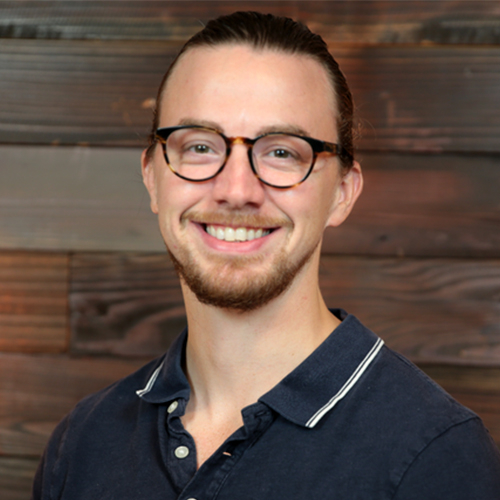
Building a Legacy: Views About Autopsy, Organ Donation, and Research Donation After Neonatal Death

Cody is a Clinical Nurse II and serves as chair of a pain and palliative care committee in a level 4 NICU at UCSF Benioff Children's Hospital in San Francisco, CA. He switched careers to nursing as a result of experiencing the death of his newborn daughter, Quinn, in the NICU. Cody is an experienced educator reflected by his years teaching Chemistry at the high school level. His graduate degree is in qualitative research, which has supported his efforts in improving neonatal palliative care.
Families whose infants die in the Neonatal Intensive Care Unit (NICU) may be asked about autopsy, organ donation, and research tissue donation. Understanding how parents experience these often difficult but important conversations is crucial information for healthcare teams. This presentation provides the results of research that looked at the perspectives of parents who had experienced neonatal loss. Make a lasting difference to the families in your care by learning more about how to approach the conversation of autopsy, organ donation, and tissue donation for research in a way that is parent centered.
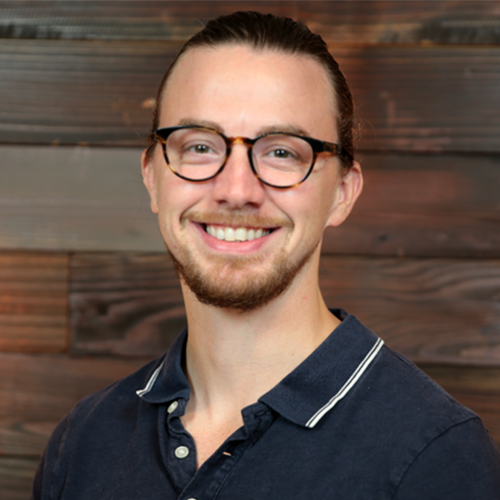
View Details / Enroll
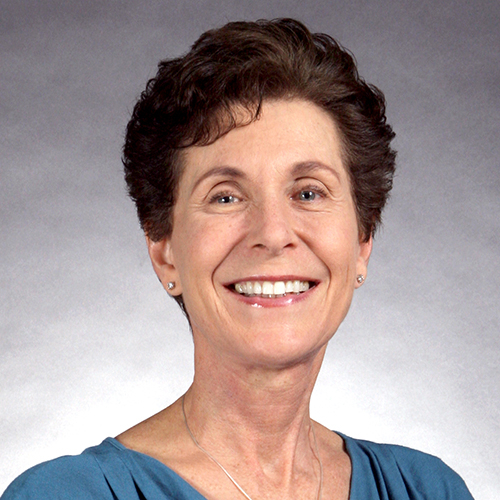
Building Strong Bonds: The Neurobiology of Parent-Infant Attachment in the NICU

After raising three children as a stay-at-home mother, Dr. Phillips received a master’s degree in Developmental Psychology with a focus on mother-infant attachment, became NIDCAP certified as a Preterm Infant Developmental Specialist, and then attended medical school at University of California, Davis. She completed her pediatric residency and neonatology fellowship at Loma Linda University Children's Hospital in S. California and is an attending neonatologist in the Level 4 NICU at the same hospital. She is an Associate Professor of Pediatrics/Neonatology at Loma Linda University School of Medicine and is Pediatric Department Chair and Medical Director of Neonatal Services at Loma Linda University Medical Center-Murrieta. Dr. Phillips is an International Board-Certified Lactation Consultant, a Fellow of the Academy of Breastfeeding Medicine, and a past president of the National Perinatal Association (NPA). She is currently President of the Association for Prenatal and Perinatal Psychology and Health (APPPAH), a global non-profit organization with a mission to support healthy infant-parent relationships before and after birth. Her passion is to honor and nurture the earliest connections between babies and their parents.
Developing secure bonds of attachment is a major developmental task for all human babies, a process that is considered to be foundational for future mental health and even physical wellbeing. The mechanism for doing so is called “nurturing,” and a growing body of evidence supports the impact of nurturing on physiologic stability, co-regulation and growth, as well as brain development and ongoing physical and emotional health. The first bond of attachment is between mother and baby and begins before birth. Separation of mothers and babies always causes stress and interrupts the bonding and attachment process. When temporary separation is necessary in the NICU, there are ways we can support mothers and babies to help minimize the detrimental effects of separation and to promote healing. This presentation will describe the neuroscience behind parent-infant bonding and attachment and the neurobiology of skin-to-skin contact as a modality for nurturing babies. We will describe ways to communicate with NICU babies in a manner that enhances bonding and attachment and promotes the development of trust as well as enhances brain and language development. We will discuss ways to support babies, mothers, families, and staff in promoting bonding and attachment in the NICU.
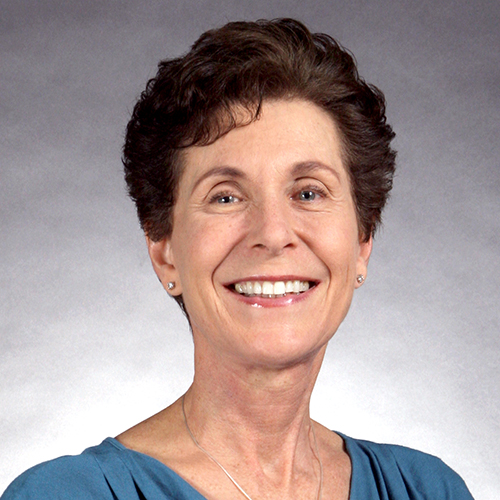
View Details / Enroll
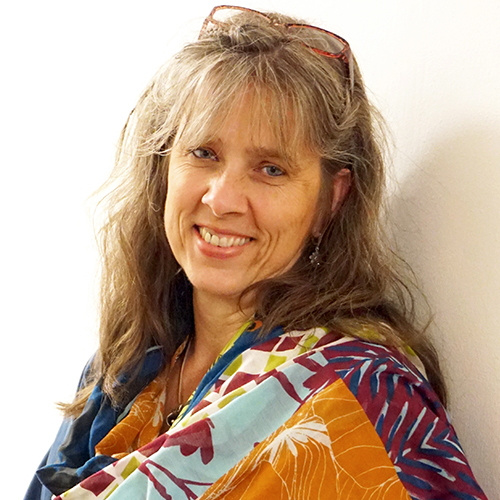
Building Strong Children: The Power of Buffering Protection Through Responsive Parenting and Caring Communities

Marianne is a mother of four grown-up, home-birthed and breastfed daughters and granny of five beautiful home-birthed, breastfed grandchildren. After a personal experience with breastfeeding practices in a hospital, she became a volunteer for the Dutch breastfeeding association in 1994 and for many years, she led big groups for pregnant and breastfeeding mothers in her home town.
She became an IBCLC in 2008 and launched her private practice, from which she does consultations, book translations (such as James McKenna’s book ‘Sleeping With Your Baby’ and recently ‘Safe Infant Sleep’, and Jill and Nils Bergman’s book ‘Hold Your Prem’), blogging and writing on youth healthcare, advocating for policies that generously take neurophysiological and sociocultural convictions into account. Translating and avid reading widened Marianne’s insights and field of interest, leading her her to Cultural Anthropology & Development Sociology at the University of Amsterdam and subsequently a master’s degree in Medical Anthropology & Sociology.
Combining several fields, she co-founded the initiative ACE Aware NL early 2020, chiming in with similar movements in Scotland and California, US. The aim is to increase awareness around Adverse Childhood Experiences and their impact on adult health and wellbeing. Now that science abundantly shows the importance of sensitive and responsive parenting for overall health and wellbeing, all sectors in society deserve to know what a world of difference they can make in a child's life if they succeed in incorporating trauma-sensitive approaches . Marianne expects to remain strongly tied to this field for the rest of her life.
There is a growing awareness about the impact of Adverse Childhood Events or ACEs and the toxic stress they can create during a child’s formative years. So far much of the research and conversation has focused on identifying ACEs and the negative life-long consequences they can have. How can we reframe the conversation to shift from focusing on reacting to negative outcomes, to creating the caring connections that promote healthy brain development and stress regulation? To feel healthy, people of all ages look for a meaningful existence with loving and caring relationships. In the Salutogenic Model of Health this is called the Sense of Coherence (SoC). When the SoC is under strain, this can cause pain and trauma that both parent and child express in behaviours that are difficult to handle for themselves and others. As innately and intensely social beings, humans actively try to connect to others to build positive, contextualised relationships that support health and wellbeing and create social resources. Therefore, secure childhoods and nurturing social environments are likely to increase lifelong resilience. Looking at health from a salutogenic perspective can help us understand that health and wellbeing cannot simply be depoliticised and decontextualized as an individual responsibility. ACEs are not always preventable, but we have the power to help both parents and professionals create the positive childhood experiences (PCEs) that buffer the negative ones and create resilience.
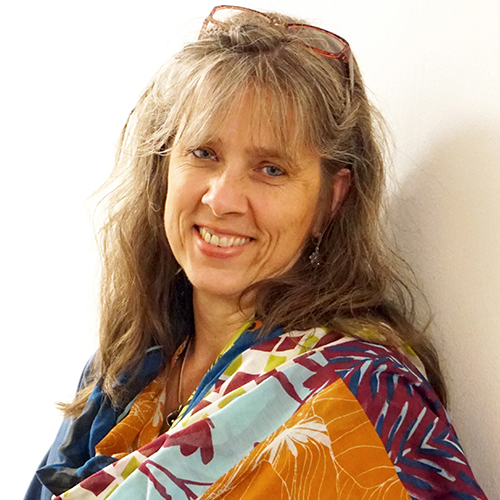
View Details / Enroll
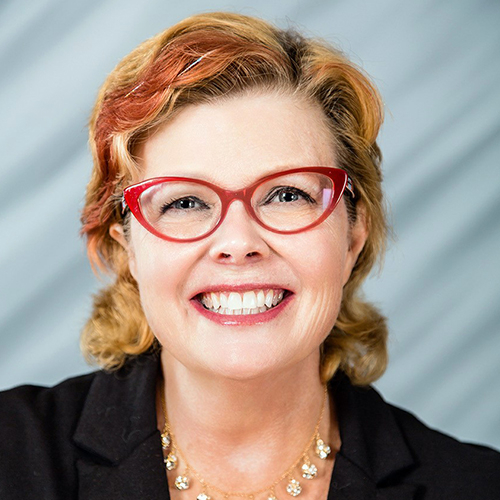
Burnout, Secondary Trauma, and Moral Injury in Perinatal Care Providers

Kathleen Kendall-Tackett is a health psychologist and International Board Certified Lactation Consultant, and the Owner and Editor-in-Chief of Praeclarus Press, a small press specializing in women's health. Dr. Kendall-Tackett is Editor-in-Chief of two peer-reviewed journals: Clinical Lactation and Psychological Trauma. She is Fellow of the American Psychological Association in Health and Trauma Psychology and Past President of the APA Division of Trauma Psychology. Dr. Kendall-Tackett specializes in women's-health research including breastfeeding, depression, trauma, and health psychology, and has won many awards for her work including the 2017 President’s Award for Outstanding Service to the Field of Trauma Psychology from the American Psychological Association’s Division of Trauma Psychology. Dr. Kendall-Tackett has authored more than 460 articles or chapters and is author or editor of 38 books.
Topic: Breastfeeding Helps Mothers Overcome the Legacy of Abuse and Adversity: It Makes All the Difference - [View Abstract]
Topic: Burnout, Compassion Fatigue and Self-Care for Members of the Perinatal Team - [View Abstract]
Topic: Burnout, Secondary Trauma, and Moral Injury in Perinatal Care Providers - [View Abstract]
Topic: Does Breastfeeding Protect Maternal Mental Health? The Role of Oxytocin and Stress - [View Abstract]
Topic: Interplay of Oxytocin and Stress Systems: Impact on Breastfeeding and Mental Health - [View Abstract]
Topic: Lessons to Learn from Fed Is Best: How Can We Improve Our Care? - [View Abstract]
Topic: Mother-Infant Sleep Location: It's Not as Simple as it Seems - [View Abstract]
Topic: Trauma and Breastfeeding: Working Effectively with Trauma Survivors - [View Abstract]
Topic: What’s New in Postpartum Depression? A Summary of Current Findings - [View Abstract]
Working in perinatal care can be deeply rewarding. It can also lead to job-related burnout, secondary traumatic stress, and moral injury. Secondary traumatic stress (compassion fatigue), or moral injury, can occur when witnessing traumatic events in the workplace. This can occur when witnessing infant death or traumatic births, or when there is too much work, or work that doesn’t seem to make a difference, and little institutional support. Unfortunately, this is remarkably common among caregivers for perinatal women. Burnout, compassion fatigue, and moral injury can lead to physical and mental health sequelae for care providers and have a negative effect on the care they provider. Self-care is essential for being able to provide care to others. In this presentation, participants will learn about the causes and consequences of burnout, compassion fatigue, and moral injury. Fortunately, there is hope for recovery. Participants will learn some specific strategies for integrating self-care into their care for others.

View Details / Enroll
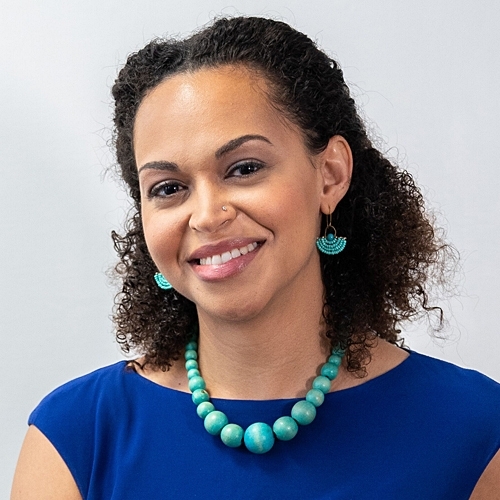
Can Broths and Baths Help the Baby Blues? Where Indigenous Wisdom Meets Functional Medicine

Ihotu Jennifer Ali, MPH, LMT, CLC (she/her) is a doula, public health educator, researcher, and integrative massage therapist specializing in myofascial release therapies including the Arvigo Techniques of Maya Abdominal Therapy®, Craniosacral Therapy, Prenatal, and Infant Massage as a Spinning Babies Aware Practitioner®. She is founder and owner of Black Moon Bodywork, LLC which offers massage therapy blended with health coaching in integrative and indigenous practices to support hormone balance, digestion, sexual and reproductive health, and reproductive justice.
Ihotu’s decade of experience in femme and family health includes years as a DONA certified birth doula and lactation counselor, prenatal yoga teacher and dancer, rape crisis counselor, Institute for Integrative Nutrition coach, and director of pre-conception health programs funded by the March of Dimes. She has collaborated with midwives and physicians in Haiti, Nigeria, Congo, and Morocco, and worked in health policy and research with the U.S. Congress, Clinton Foundation, United Nations Millennium Development Goals, and Columbia University’s School of Public Health. Raised between Minnesota, New York City, and West Africa with respect for both indigenous and evidence-based medicine, Ihotu strives to offer innovative care that is affordable, consent- and trauma-informed, gender fluid and ancestrally rooted. Her writing, public speaking, and coaching brings together emerging science in hormones and gut-brain health, functional medicine, Reproductive Justice and Afrofuturism movements. She offers an intercultural commentary on the busy modern lifestyles, social pressures, and unresolved trauma often at the root of today’s chronic health conditions.
Indigenous practices around pregnancy, birth and postpartum have become wildly popular, and some even controversial, from rebozo belly sifting and Bengkung binding to herbal massage oils and vaginal steams. This presentation will dive deeper to explore the theories and assumptions behind certain lineages of indigenous postpartum care (Traditional Chinese Medicine, Mayan and Nigerian), their analysis of the postpartum body as in a “cold state,” and common warming foods and practices. We will also look at the theories behind functional medicine and compare the two perspectives – both ancient and emerging science - in their common view of the postpartum body as being in a depleted state in need of nourishment.
Given the lack of standard postpartum care and the high rates of postpartum depression and mood disorders, a family-oriented and public health approach is proposed here, at the intersection of both indigenous and functional medicine. Both early research and generational wisdom suggest that integrative postpartum care focusing on regular warm broths and baths, anti-inflammatory foods, and nourishing the hormonal, digestive and circulatory systems can relieve new parents’ swelling, joint pain, constipation, hot flashes, energy and mood, especially for those with health conditions, after a difficult pregnancy, or a long or traumatic birth.
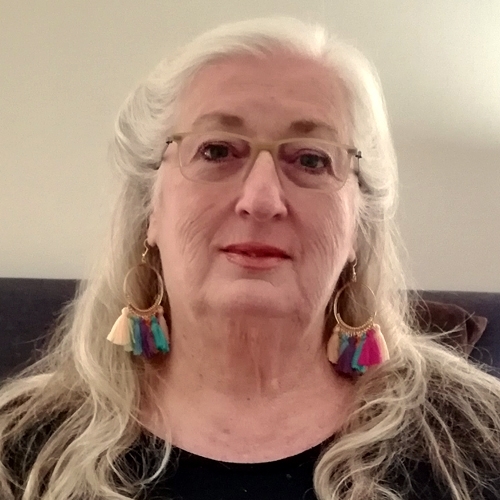

Denise Love is a dynamic international speaker and educator.
She is passionate about life and compelled to support women through their many transitions in life. With an ever developing interest in life and death, she walks the path with many around death, particularly women whose babies die, either in utero, at birth, or soon thereafter.
With a Masters degree in nursing, living and working in remote villages in Asian countries as well as Australia, she is determined that women and babies be treated respectfully within their cultural expectations.
As a childbirth educator and an instigator of the introduction and training of doulas in Australia 20 years ago, Denise identified the vital need for birthing women to ""find their voice"" and trust their ancient internal ability to birth their babies. This recognition was stimulated by the developed world's highly structured interventionist and medicalised birthing paradigms and seemingly inflexible protocols and practices. Birth matters and so does the way we all die. Combining direct language, ritual and acknowledgement of grief when a baby dies, Denise brings a refreshing attitude and approach.
In her early years, practising as a Registered Nurse in remote indigenous communities, Denise gained valuable insight into how to trust our innate ability to birth, live fully and die. Denise's view has since been further reinforced through her work with vulnerable marginalised villagers in developing countries, where death is accepted as just a normal part of living.
Death is an extraordinary “thing” in our society. Since the invention of modern medicine, death has become the enemy, the unexcepted, the unacceptable, something to fight against, and a failure. Notwithstanding the fact that death is the only known certainty in life, we are shocked and overly distressed about it. There seems to be a hierarchy in death, that children shouldn’t die. It isn’t too many years ago that a mother expected with her large family that she would “lose” 2-3 children. That is still my experience in developing countries. I bring with me balance of modern medicine working together with educated mothers, and traditional expectations and practices, to try and find that balance in our work.
I will be discussing a baby as meaning from the moment of conception through to first year of life. We will explore the concept that as health professionals how our own thoughts, feelings, fears and beliefs influence how we respond to a mother and her family. The behaviours and expectations of the people around her influence her grief path, therefore we need to be clear and conscious in our communication. Examine rituals and behaviours that can alleviate some of her devastation, relief or pain.





